Learning to Listen to Your Body - Tips for Better Body Awareness
As stress levels continue to rise, it becomes more and more important to make time for self-care. Taking the time to listen to our body can have a profound impact on effectively managing chronic pain or living with a high level of stress. Making an effort to become aware of how you’re moving through your day, the signals from your bodies - both physical and emotional - that tell you if something is off, and honouring what your bodies need are essential elements in developing good self-care habits. In this blog post, drawing from my years of experience as a healthcare provider, I want to share several tips on learning how to listen to the subtle cues and information your body gives you every day.
Tune into Your Physical Sensations
In my practice, I often see patients who have become disconnected from their physical sensations due to chronic pain or stress. This disconnection can prevent them from recognising important signs that something may be wrong. By learning to listen to our bodies instead of ignoring pain or discomfort, we gain a deeper understanding of the physical sensations we experience. This understanding equips us to effectively address these sensations. Taking regular pause throughout the day to check in with our bodies is a gentle practice that fosters a reconnection between the mind and body.
Pay Attention to Your Emotional Wellbeing
Our emotional health is deeply interconnected with our physical health. Stress and anxiety can manifest as physical symptoms, such as headaches, stomach problems, or sleep disturbances. Taking some time to be mindful of our emotions can help us to identify areas that may require further care or attention. Setting aside a few minutes each day for self-reflection or meditation is a great way to gain clarity on how you are feeling emotionally and what you need right now. Additionally, finding positive ways to express your emotions, such as through creative outlets like journaling or art, can help to reduce stress and promote healing. By making a conscious effort to nurture our emotional wellbeing, we can create an environment for physical health to flourish.
Take Care of Your Body With Movement
Just as important as nourishing the mind is taking care of our bodies through movement. Exercise has been found to have numerous benefits including improved sleep, increased energy, and reduced stress. Whether you have a regular exercise routine or are just starting out, it’s important to find something that works for you. It’s also helpful to find ways to incorporate movement into your day, such as taking a walk during lunch or stretching before bed or joining a yoga class. Even making small changes can make a big difference in how we feel physically and emotionally.
Mindful Eating
Another way to listen to your body is by paying attention to its hunger and satiety cues. Our bodies are incredibly wise and know exactly when and how much nourishment they need. By slowing down and truly savouring our food, we can tune into these cues and ensure we're giving our bodies the nourishment and nutrition they need. Mindful eating is a powerful practice that can help you reconnect with these cues and develop a healthier relationship with food.
Prioritise Sleep and Rest
Finally, and perhaps most importantly, listen to your body when it tells you it needs rest. In our fast-paced world, we often ignore signs of fatigue and push ourselves to keep going. However, taking the time to relax and recharge is essential for maintaining overall health and wellbeing.
Learning to listen to your body isn't always easy, but it's an incredibly rewarding practice. By tuning into your physical sensations, paying attention to your emotional states, practising mindful eating, incorporating regular exercise, and prioritizing rest, you can develop a deeper connection with your body and better meet its needs. Remember, our bodies are constant communication with us - it's up to us to listen to them!



